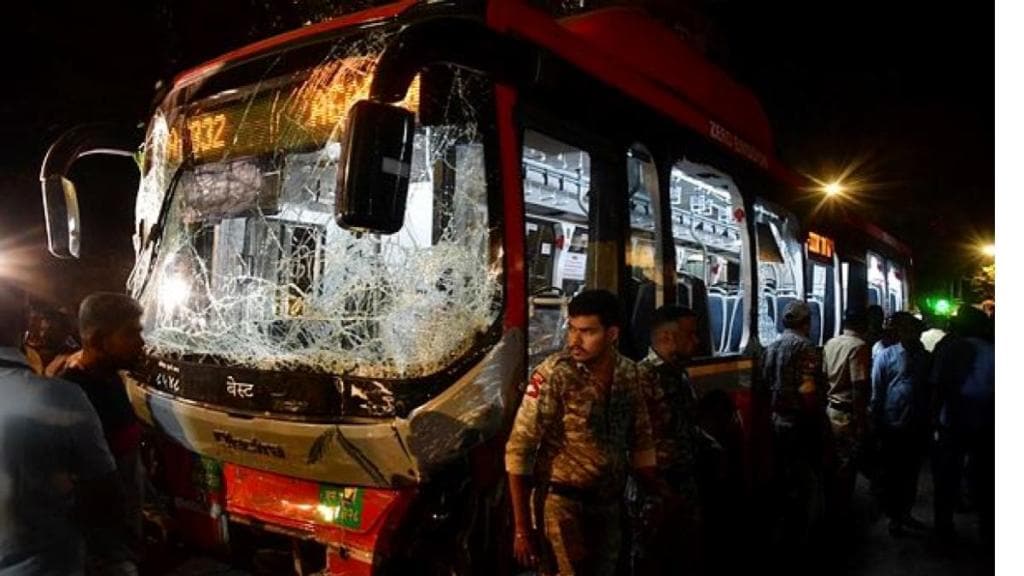Following the tragic bus accident in Kurla that claimed seven lives and injured 42 others, the Brihanmumbai Electric Supply and Transport (BEST) undertaking is introducing a series of measures aimed at improving driver safety and training. The new initiatives focus on mandatory breathalyser tests, enhanced simulator-based training, and stricter compliance protocols for drivers, reports Indian Express.
Mandatory Breathalyser Tests for All Drivers
BEST has made it compulsory for all its drivers, including those hired through wet lease contracts, to undergo breathalyser tests before and after their shifts. This move follows recent alarming incidents involving driver misconduct, including alcohol consumption during duty hours.
Previously, breathalyser tests were conducted on a random basis. However, Anil Diggikar, General Manager of BEST, emphasised that the tests will now be a daily requirement. “Drivers will be tested before starting their service and again after completing their shifts at the depot,” he said.
The decision to implement mandatory testing stems from troubling incidents captured on video. In one case, a driver was recorded buying liquor from a wine shop while on duty. In another instance, a driver was caught with a bottle of alcohol on the bus by a police officer. The driver attempted to deny ownership of the bottle, but the incident went viral. Both drivers have been suspended pending investigations.
BEST’s leadership acknowledges the pressing need to restore public trust in Mumbai’s public transportation system. To ensure compliance, BEST has directed all wet lease contractors to immediately adopt the new testing protocol. Contractors have been instructed to provide the necessary infrastructure to facilitate testing at depots. These measures underscore BEST’s commitment to prioritizing passenger safety and maintaining discipline among its drivers.
Enhanced Simulator-Based Driver Training
In addition to the breathalyser tests, BEST is introducing a dual training system to improve the skills and safety awareness of its drivers. Contractors will initially train drivers at depots using the latest buses, while BEST will conduct secondary training at its Dindoshi training centre.
A key focus of the training is simulator-based learning, especially for drivers operating automatic electric buses. This method aims to enhance their proficiency and ensure they are well-prepared to handle modern vehicle systems safely.
BEST’s decision to tighten safety measures comes as part of a broader strategy to address operational shortcomings and rebuild confidence in its services. These steps, including mandatory testing and advanced training, are designed to prevent future incidents and improve the overall safety standards of Mumbai’s public transportation network.
By addressing both driver behaviour and skill enhancement, BEST hopes to set a new benchmark for accountability and safety in urban transit systems.


